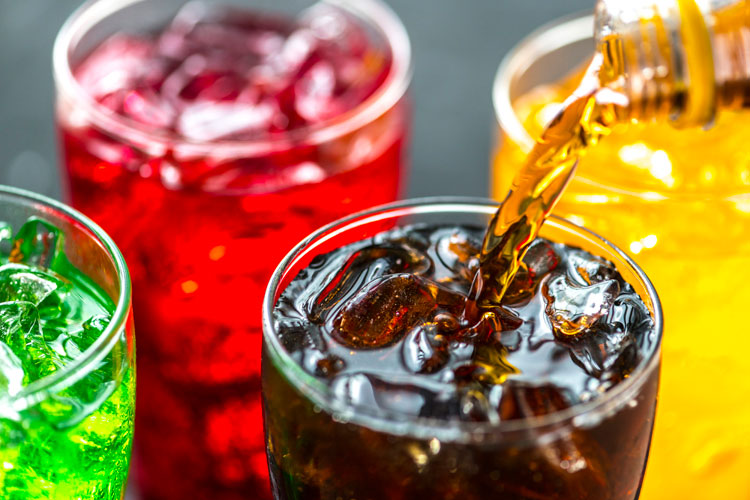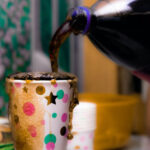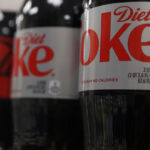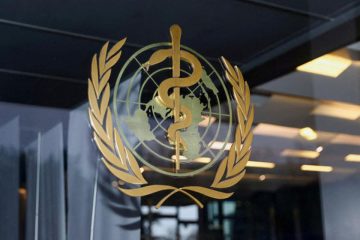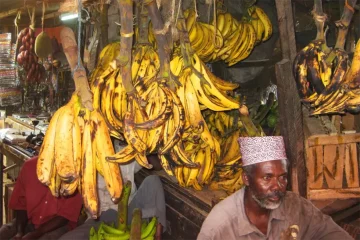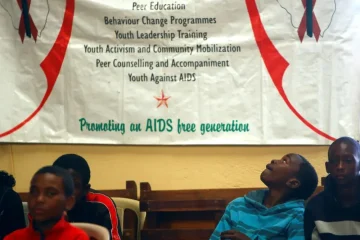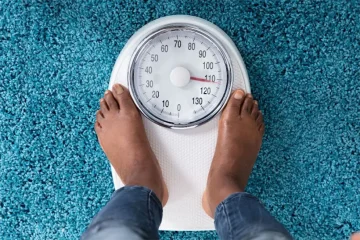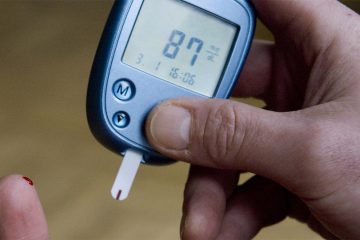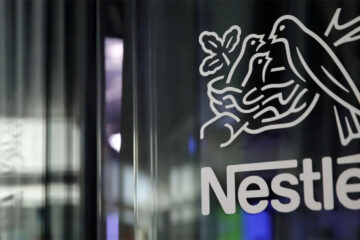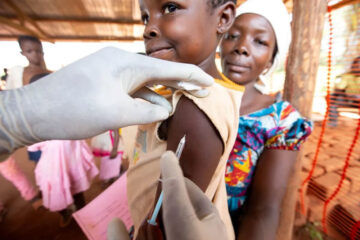ABBEY MAKOE
A group of prominent economic, medical and public health scholars made an impassioned plea to both the South African National Treasury and the SA Revenue Services (SARS), in a rare open letter published in the mainstream media, to double the “sugar tax”.
In the widely debated letter since then, the society’s brightest minds – evidently concerned about the impact and contribution of sugar particularly in beverages, made a case for the relevant authorities to double SA’s health promotion levy, commonly known as the “sugar tax”.
The full-page advertisement has created a national dialogue over the effects of sugar in the diet. It follows closely on a fairly lengthy campaign by lobby group CCI together with its partners in the Healthy Living Alliance (HEALA), popularly known as “Whatsinmyfood”.
The campaign sought to create a consciousness about the ingredients contained in the food that people consume. It also advocated for the visible front of the package labelling on goods, so that consumers could be at liberty to easily access information about their purchases.
The “Whatsinmyfood” campaign ended recently in a nationwide competition. It was won by 15 randomly selected winners. Each winner was presented with a book about democratic SA’s founding father Nelson Mandela’s book on his selection of his favourite food.
In the latest newspaper advertisement, the top opinion-shapers argued strongly in favour of increasing the sugar tax, saying such a move would raise revenue as well as fight the rampant rise of diet-related diseases such as type 2 diabetes which is regarded as a national crisis-in-waiting in some healthy-living quarters.
Signatories to the thought-provoking advertisement included top scholars from among others Wits University, University of Cape Town, Imperial College London, Mexico, Sweden, Chile, Brazil as well as several prestigious higher learning institutes in the US including Harvard and is supported by HEALA and the CCI, an acronym for Centre for Communication Impact.
The argument by the signatories to the advert is that increasing the sugar tax by a whopping 100% will send a clear message to the public that the government take very seriously the hazards posed by excessive sugar the diet, which is often concealed in the packaging that reveals little in terms of the amount of sugar contained therein.
Furthermore, the spin-offs of doubling sugar tax, argues the scholars behind the advert, is that it increases revenue and also the health benefits will be there for everybody to see.
Obesity is one of SA’s major challenges and increases the susceptibility of such people to heightened chances of courting opportunistic diseases such as high blood pressure and diabetes type 2, which specialist doctors maintain is associated with lifestyle.
Among the reasons cited as to why the Health Promotion Levy (HPL) is necessary for SA, the scholars argued in their advert, saying: “In South Africa, obesity-related diseases (e.g. heart disease, diabetes, stroke, osteoarthritis, and some cancers) are among the top 10 causes of death, accounting for 43% of deaths.
In SA, obesity is one of the top five risk factors for early death and disability. Obesity rates in SA are the highest in Sub-Saharan Africa and are continuing to increase rapidly, with almost 40% of women and 11% of men obese, and 69% of women and 39% of men being overweight or obese.”
The scholars also wrote: “A 2020 meta-analysis and systematic review of global studies found that obesity increases the risk of Covid-19 by 46%, for Covid-19 hospitalisation by 113%, of ICU admission by 74%, and of dying from Covid-19 by 48%. A subsequent study from the UK OF 6.9 million adults found overweight status represents a significant increase in hospitalization and ICU admission.”
In everyday life, sugar in beverages contributes to non-communicable diseases (NCDs). Said the scholars: “Excess sugar consumption is a major cause of obesity and its related diseases, as excessive sugar intake causes increased risk of diabetes, liver and kidney damage, heart disease, and some cancers.”

